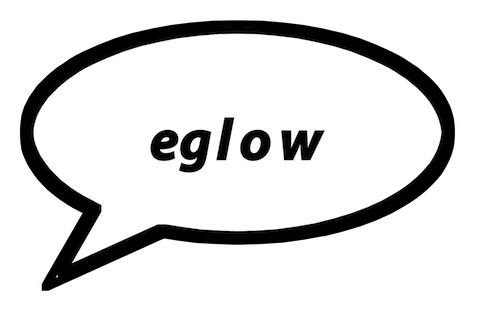
{ NEOLOGIC LAURELS }
My article on coined words in the last issue concluded with a challenge to create neologisms for unnamed phenomena. In that article, I suggested that coined words can be assessed in two ways: those that are most clever, and those that are most likely to be adopted. Since it’s rare for a coinage to meet both criteria, I’ve given the nod to ones that could become part of our language. For a list of Honorable Mentions, visit theamericanscholar.org/backtalk.







{ LINGUA AMERICANA }
English is filled with wonderfully expressive words that defy translation: “flaky,” for example, “finagle,” and “hullabaloo.” At the same time, our vocabulary has gaps filled with words from other languages that are also hard to translate. Take schadenfreude. No word in English describes the guilty pleasure of enjoying someone else’s misfortune. But this German term is a bit of a mouthful, isn’t it? And a challenge to spell.
Frisson is also a hard-to-translate word, French for the thrilling shiver of watching a horror movie, riding a roller coaster, or ringing the doorbell of a new lover. Another French term, sympathique, like the Spanish simpatico, technically means “sympathetic,” but in fact refers to so much more: a warm, understanding, compassionate quality. One dictionary translates sympathique as “nice, friendly”; another says that simpatico means “agreeable, likable.” Both translations are way too wimpy. They lack a certain je ne sais quoi. The English term that comes closest to describing this quality is “empathetic,” too cool a word for such a warm quality.
The same is true of pallid attempts to translate the Yiddish term mensch. Translations I’ve seen include “a person of integrity and honor,” and “an upstanding, honorable adult person.” These stiff phrases don’t even come close to capturing the amiable, decent humanness of a mensch. We need a word that does, as well as words for other foreignisms that tend not to be used at all outside urban centers and cultural oases. For a free tote bag, therefore, create comparable words in English for:




Enter this contest here.

